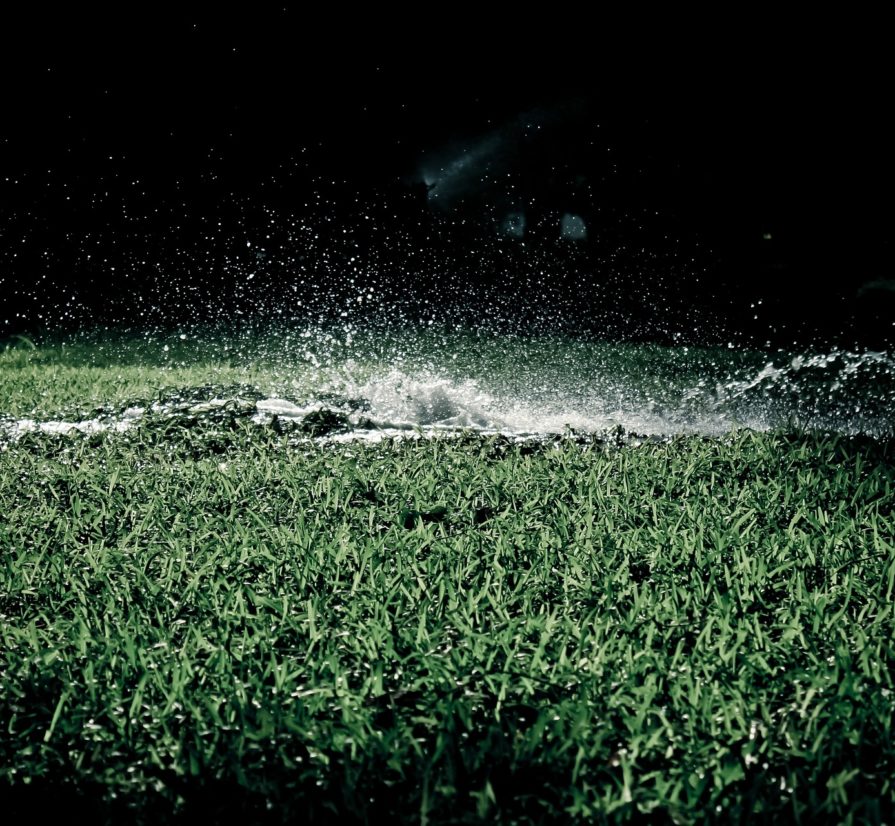
Soft water may be great for bathing and household appliances, but the sodium it contains is not the best for lawn care. However, this isn’t a huge issue – it just means that the sodium found in soft water needs to be counteracted. Ultimately, it would be more beneficial to have soft water for home appliances and bathing and add gypsum to benefit the lawn.
Know Your Water
Many people aren’t sure if their household uses hard water or soft water. To test this, simply wet your hands in the sink and wash your hands with liquid hand soap. If you can work up a lather, you have soft water. This is important to test whether your water is truly soft. If it doesn’t froth, your lawn will be fine with regular watering.
Know Your Lawn
The issue with soft water and lawn care is that the sodium found in soft water build up on plants and hinder water penetration in the soil. However, this depends on the type of soil and types of plants in the lawn. Clay soils react worse to soft water. Some plants won’t be as affected by the higher levels of sodium. It should be noted that rainwater is considered soft water because it does not have a high level of dissolved minerals.
Add Gypsum
In order to remedy the possible negative effects of soft water on your lawn, simply add agricultural grade gypsum to your yard twice a year. This will counteract any sodium build-up and keep your lawn looking lively. Agricultural grade gypsum can be found at feed and home improvement stores and should be added at a rate of 2.5 lbs per 100 sq. feet.
Water softeners can increase the life of household appliances, keep skin and hair soft and improve the taste of food and water. These positive attributes should not be counteracted by the troublesome plants have with softened water. By simply adding agricultural grade gypsum to your lawn twice a year, your house and lawn can benefit from the use of soft water. For more information about switching to soft water or maintaining your current system, call Mr. Plumber.

